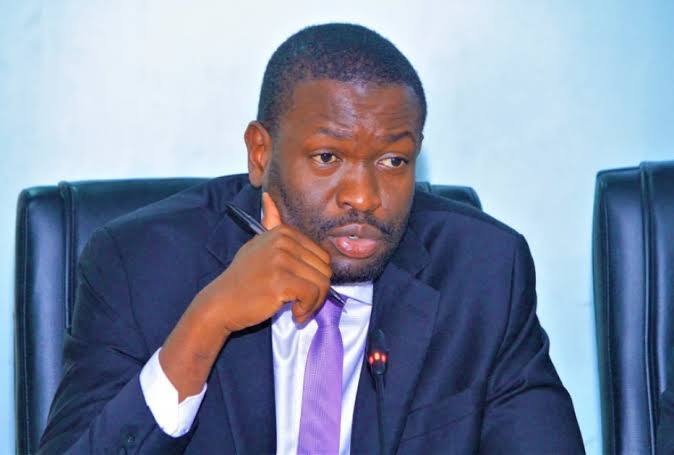Nairobi Senator Edwin Sifuna on Tuesday, April 29, 2025, added his voice to the BBC documentary dubbed Blood Parliament, which reopened fresh wounds on what transpired at the height of Gen-Z-led protests in June 2024.
Sifuna, who was vocal during the demonstrations, which saw him walk out of the senate chambers to defend some of the youthful protesters, insisted that any deliberate attempt to discredit the documentary would not yield results.
Through a statement, the Nairobi senator defended the events depicted in the documentary, insisting that they painted a real picture of what happened when thousands of picketers invaded the parliament precincts.
The ODM secretary general detailed that he was present in parliament as the event unfolded, and he could attest to whatever the BBC aired.

“The story of June 25th 2024 is already written and as they say, the ink is dry. Those attempting to rewrite it will find it especially difficult because this particular piece of history is written in blood,” Sifuna’s statement posted on X read in part.
“Speaking as someone who was present in Parliament that day, the events depicted in the #BloodParliament documentary by #BBCAfricaEye are not fabrications. They happened. We all saw it live and on our screens,” it added.
More people to come out
At the same time, Sifuna encouraged more stories to be told on what really transpired that led to the loss of lives. The ODM secretary general reiterated that it was the only of justice would be served.
“We must encourage these stories to be told from all angles for the sake of truth and justice. Those who are uncomfortable with this are wrestling with their own consciences, and we cannot help them with that.”

Hashtags
His statement came out after several hashtags trended on X with people discrediting the BBC documentary. Some social media users questioned the timing, while others wondered whether it was sanctioned by some unnamed individuals to put pressure on the government.
Homa Town MP Peter Kaluma, on the other hand, called on the government to revoke BBC‘s license in Kenya.

“BAN @BBCAfrica in Kenya. The role played by the media in any democracy is too important to be discharged irresponsibly. The media can build greater democracy or destroy an otherwise stable state,” Kaluma wrote on X.
Other lawmakers, including Robert Alai, also put up a spirited campaign to discredit the documentary.
IPOA’s response
In response to the documentary, the Independent Policing Oversight Authority (IPOA) revealed that it was pursuing 36 officers over their conduct during the protests.
Out of the 60 deaths recorded during the protests, IPOA disclosed that it had completed 22 investigations.
“As part of its mandate to safeguard the public interest in policing, and in response to the BBC documentary ‘Blood Parliament‘, which underscores the need for public information on IPOA’S efforts to hold the police accountable in the course of expending their mandate, the Authority takes this opportunity to update the public on its investigations into various incidents observed during the demonstrations and the steps being taken to facilitate justice for the victims,” the statement read in part.
“So far, out of the 60 death cases registered with IPGA, the Authority has completed 22 investigations, is actively pursuing 36, and has 2 cases currently before the courts,” it added.